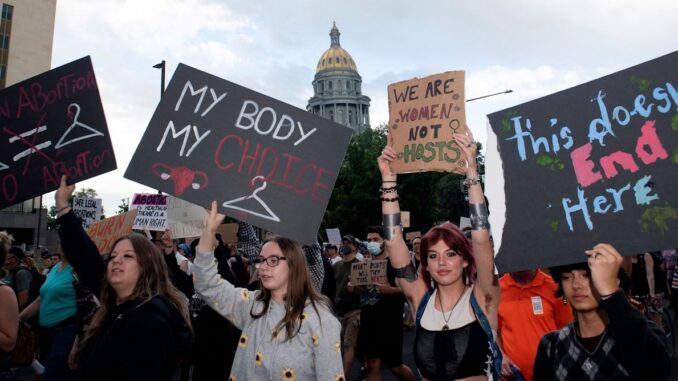
Colorado’s Long History of Ballot Measures to Restrict Abortion
Colorado has a long and contentious history of ballot measures aimed at restricting abortion, reflecting the state’s role in the broader national debate over reproductive rights. Despite its reputation as a progressive state, Colorado has been a battleground for anti-abortion activists, who have repeatedly turned to direct democracy to challenge abortion access.
The state’s engagement with abortion-related measures dates back to 1967, when Colorado became the first state to decriminalize abortion under certain circumstances, years before the Roe v. Wade decision in 1973. Since then, anti-abortion activists have sought to roll back these rights through numerous ballot initiatives.
One of the most significant efforts began in 2008 with Amendment 48, which sought to define personhood as beginning at fertilization. This radical measure aimed to grant full legal rights to embryos and fetuses, effectively banning abortion and potentially restricting access to certain forms of contraception and fertility treatments. Colorado voters overwhelmingly rejected the measure, with nearly 73% voting against it. Similar personhood amendments were proposed and defeated again in 2010 and 2014, reflecting a consistent trend of voter opposition to extreme anti-abortion measures.
In recent years, anti-abortion advocates shifted their strategy, proposing more targeted restrictions. In 2020, Proposition 115 sought to ban abortions after 22 weeks of pregnancy, with limited exceptions. This marked a departure from previous personhood measures, as it focused on later-term abortions, which are less frequent but often involve complex medical or personal circumstances. Despite a narrower margin, voters still rejected the measure, with 59% opposed.
These repeated defeats highlight Colorado’s strong pro-choice majority, which has consistently opposed efforts to limit abortion rights. However, the persistence of these ballot initiatives underscores the determination of anti-abortion advocates and the continued polarization around the issue.
Colorado’s history of abortion-related ballot measures reflects broader national trends, where states with direct democracy processes often serve as testing grounds for restrictive measures. While Colorado voters have consistently upheld reproductive rights, the state’s experience serves as a reminder of the ongoing efforts to challenge abortion access and the critical role of public opinion in shaping policy.
Leave a Reply